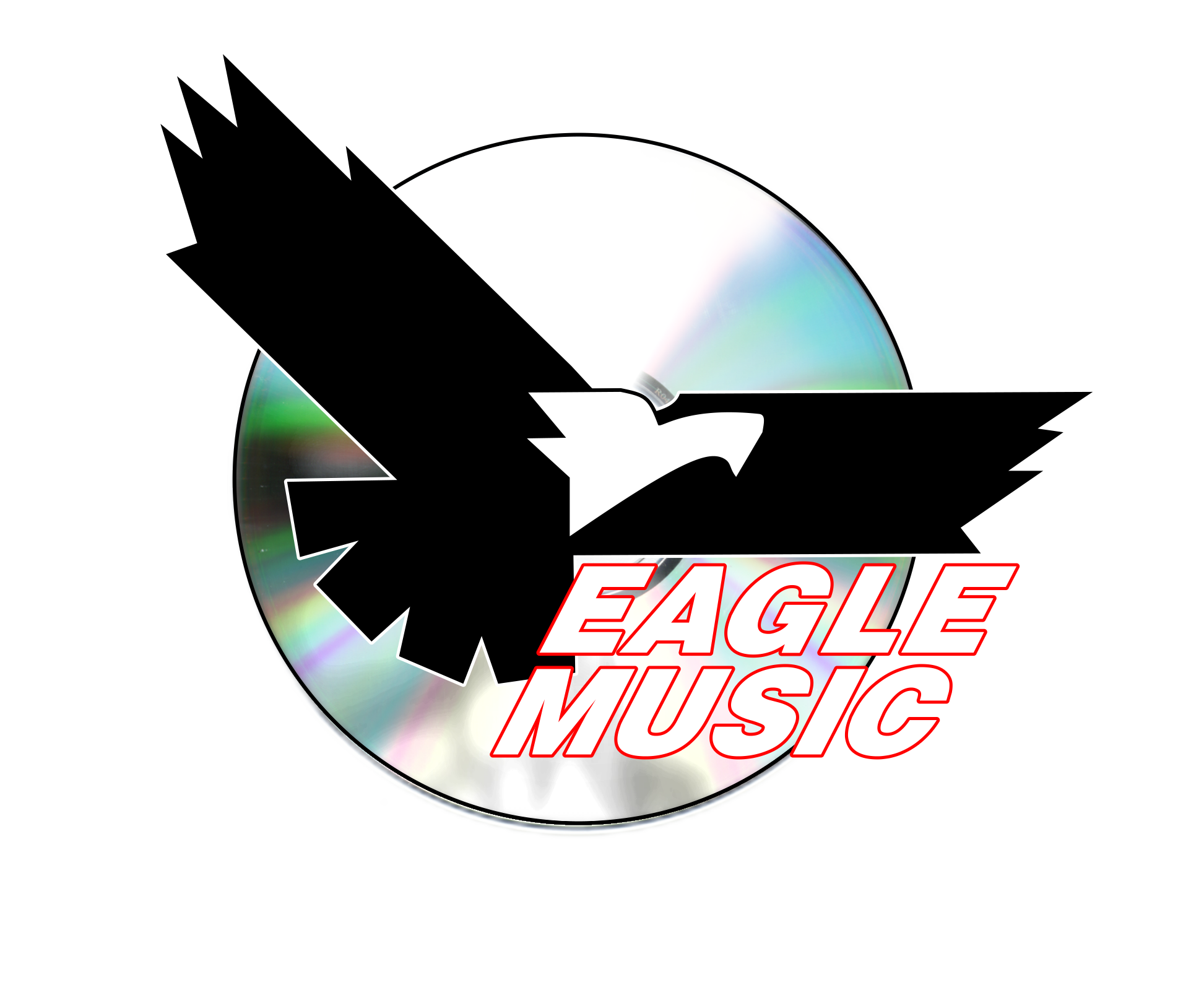Ucsf Data Use Agreement
UCSF Data Use Agreement: Everything You Need to Know
As the modern world becomes increasingly data-driven, the importance of data protection and privacy has never been more paramount. In line with this, organizations like the University of California, San Francisco (UCSF) have been establishing frameworks for proper data handling. One of these frameworks is the UCSF Data Use Agreement (DUA).
What is the UCSF Data Use Agreement?
The UCSF Data Use Agreement is a legal contract between UCSF and organizations or individuals who wish to access and use UCSF’s data for research purposes. This agreement ensures that the data is used ethically, legally, and with proper confidentiality measures.
Why is it important?
Data plays a vital role in research, but it’s essential to ensure that the information being accessed and used is appropriate and is being handled responsibly. The DUA aims to protect UCSF’s data assets and ensure that they are used appropriately and lawfully.
Who needs a UCSF Data Use Agreement?
Anyone who wishes to access and use UCSF data for research purposes will need to sign a UCSF Data Use Agreement. This includes academic researchers, private industry institutions, and government entities.
What are the key components of a UCSF Data Use Agreement?
A UCSF Data Use Agreement typically includes the following key components:
1. Data description: This section outlines the type of data being accessed and provides a clear picture of the data contents. This includes information such as data format, data source, and data fields.
2. Purpose of use: This section outlines the intended use of the data, ensuring that it aligns with the mission and goals of UCSF.
3. Data security and confidentiality: This section details the security measures put in place to protect the data, including encryption, access controls, and monitoring.
4. Data retention: This section outlines how long the data will be stored and how it will be disposed of when no longer needed.
5. Data transfer: This section outlines how the data will be transferred and who will be responsible for the data during transfer.
6. Legal compliance: This section outlines the legal requirements and obligations for the use of the data, including any potential liabilities.
What happens if you don’t sign a UCSF Data Use Agreement?
Accessing UCSF data without signing a DUA is a violation of UCSF policy and federal regulations. Failure to comply with these regulations may result in legal action, financial penalties, and loss of institutional privileges.
Conclusion
The UCSF Data Use Agreement is essential in ensuring proper data handling and protection. By outlining the terms and conditions for accessing and using UCSF data, the DUA encourages responsible behavior and compliance with legal and ethical obligations.
As the importance of data continues to rise, the UCSF Data Use Agreement stands as a vital framework to protect data assets and ensure their appropriate use.
Posted on: October 22, 2021Eagle Music